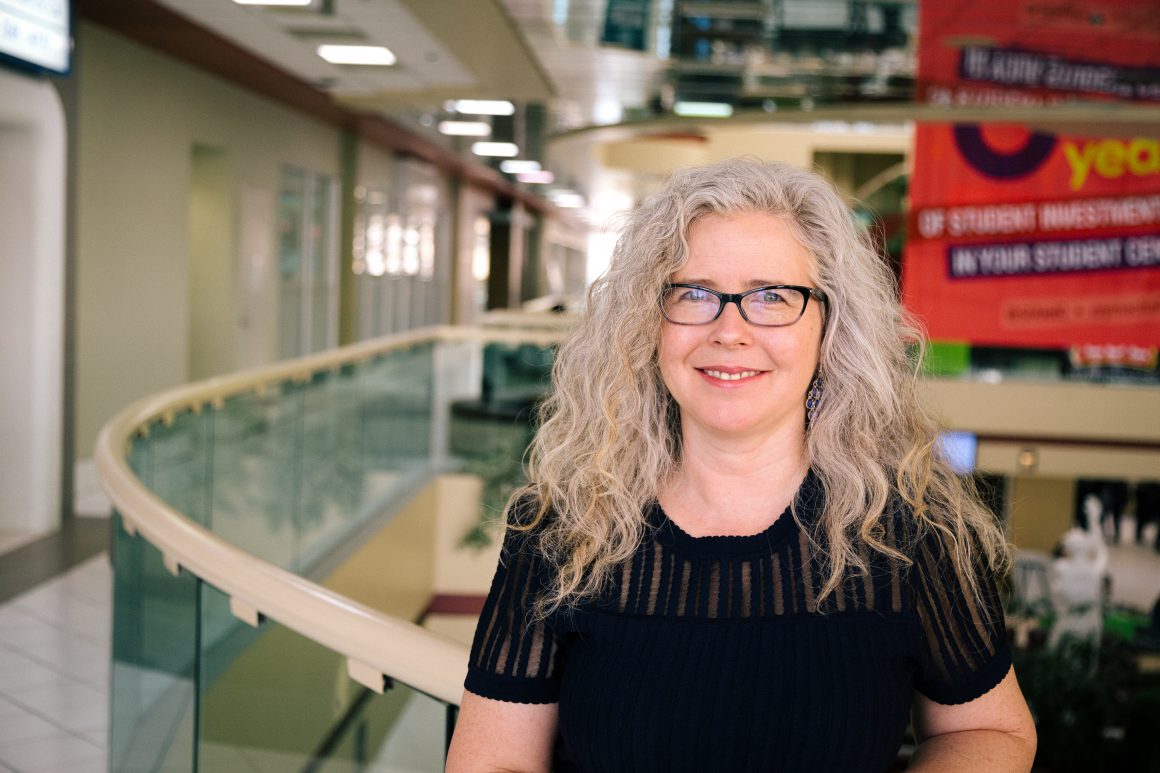
Calgary Police Services culture review seeks consultation from U of C professor
By Tina Shaygan, February 7 2017 —
The Calgary Police Services will enlist the help of a University of Calgary professor for an internal culture review.
The culture review is in response to a 2013 CPS workplace review that highlighted a culture of harassment and intimidation within the CPS. The report was made public this year after being obtained by media outlets.
The 2013 review revealed sexual assault claims from CPS members, as well as incidents of bullying and harassment in Calgary’s police force. According to the review, many officers felt too intimidated to formally report incidents of harassment.
The recent public resignation of constable Jen Magnus — a 14-year veteran CPS officer who cited sexual harassment and bullying in the force — brought the issue back to light.
U of C English professor and women’s studies program coordinator Rebecca Sullivan has worked with the CPS on previous internal reviews. She works with CPS senior leadership and executives to help them recognize gender-based discrimination and harassment while improving their policies and practices.

The 2013 CPS internal review became public this year // Photo courtesy Michael Gil
“There are immediate and urgent practices that need to be handled better. It can’t be fast enough,” she said.
According to CPS superintendent Nina Vaughan, the contract with the U of C isn’t officially signed yet, meaning few details are confirmed. But she said this will not be the first time the CPS has worked with the U of C.
“We partner with academia and the university regularly on a number of items because they have an expertise that we don’t have. That’s what we’re looking to do here,” Vaughan said.
The 2013 workplace review mentioned how some of the women who were interviewed reported they felt they had “1,000 stab wounds” from interactions with coworkers and superiors.
Sullivan said combatting workplace abuse requires a transformative way of thinking about the workplace, something she feels academics can offer advice on.
“I think this becomes the benefit of university professors taking seriously our responsibility of community engagement and taking seriously the fact that we have knowledge that is urgently needed today,” Sullivan said.
Sullivan has also been involved with initiatives to combat sexism and discrimination on campus. In 2015 she worked with concerned students to bring the issue of a lack of changing room space for transgender students forward to the Office of Diversity, Equity and Protected Disclosure.
Sullivan said that as social practices change, organizations need to adapt.
“Organizations across all sectors are recognizing they have not kept up,” Sullivan said. “I can’t just be teaching the students and hope down the road they remember what I taught them. I have to go into these organizations and say ‘this is what we’re teaching today’.”
Sullivan believes there are multiple approaches to changing a workplace’s culture.
“The first step towards healing is to diagnose the problem honestly,” she said. “That’s why we’re calling it what it is — we’re calling it abuse.”
